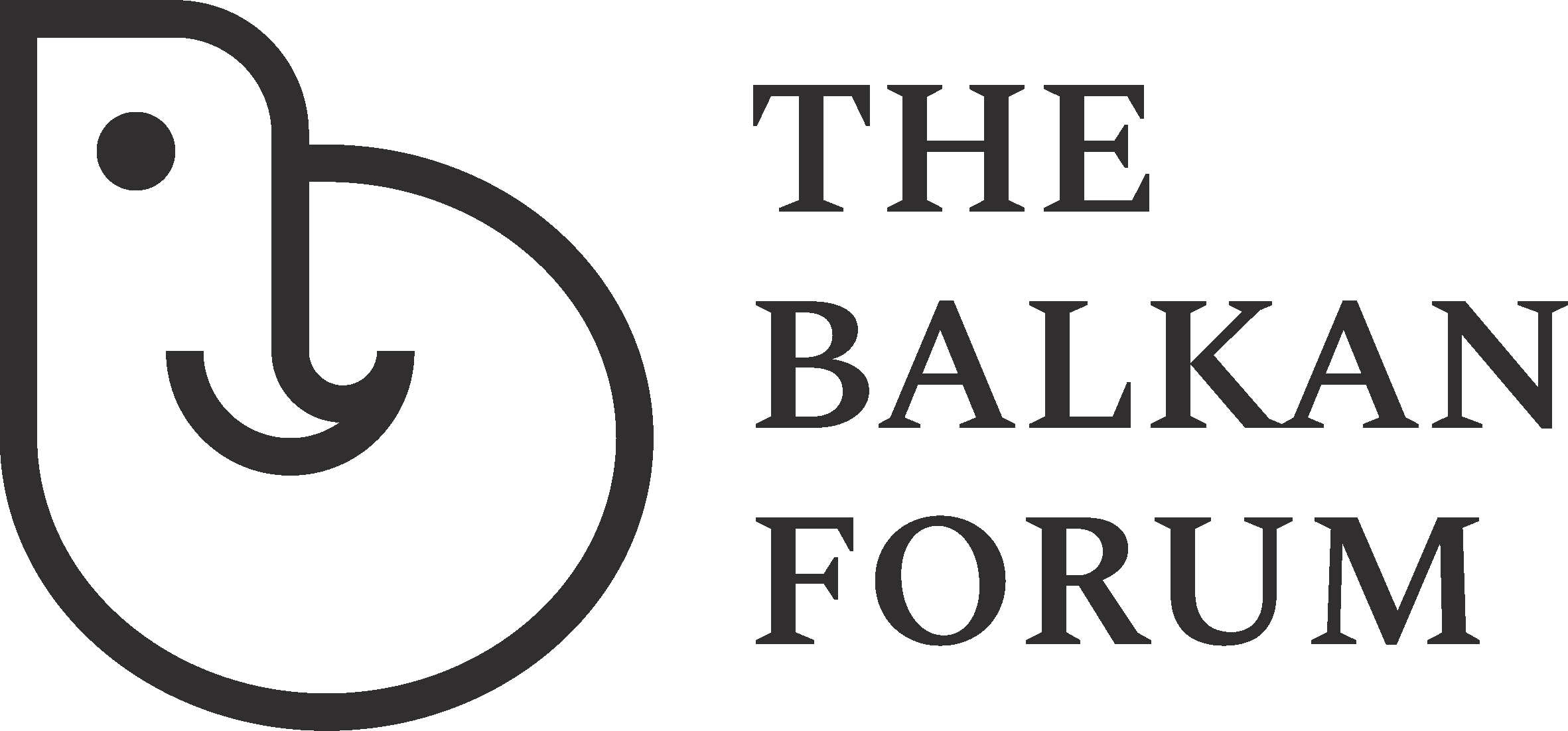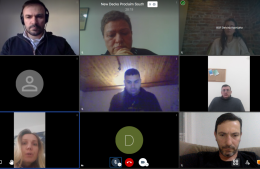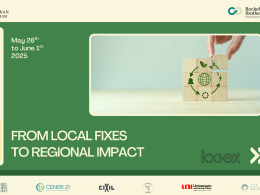Disinformation in the Western Balkans and Slovakia presents a complex challenge with significant implications for political stability, societal cohesion, and the integrity of media landscapes. This analysis examines the interconnected dynamics of disinformation in these regions, shaped by historical legacies, geopolitical interests, and the pervasive influence of digital media.
The historical context is crucial in understanding the vulnerability of the Western Balkans and Slovakia to disinformation. Both regions have transitioned from communist rule to democratic governance, making them prime targets for external influence, particularly from Russia. Russia’s strategic interest in maintaining influence in these areas is evident in its use of disinformation to exploit historical grievances and current socio-political vulnerabilities. In Slovakia, the legacy of Soviet dominance and current geopolitical tensions within the EU and NATO create an environment conducive to disinformation campaigns similar to those seen in the Western Balkans.
Disinformation strategies in the Western Balkans typically aim to exacerbate ethnic tensions and destabilize political environments. These tactics include spreading false narratives about historical events, provocative content designed to incite ethnic hostilities, and misinformation regarding EU and NATO policies. Similarly, Slovakia faces disinformation that targets the legitimacy of democratic institutions and stirs nationalist sentiments. This alignment of strategies suggests a concerted effort to undermine Western alliances and promote instability within both regions.
Media Landscape Vulnerabilities
The media landscapes in the Western Balkans and Slovakia share vulnerabilities that disinformation campaigns exploit. In the Western Balkans, media ownership is highly concentrated and often tied to political interests, compromising journalistic integrity. Social media platforms further amplify disinformation by spreading sensationalist and divisive content. Slovakia’s media environment, while more regulated, also struggles with trust issues and external influences. The interplay between traditional media and digital platforms in both regions creates an ecosystem where disinformation thrives, leveraging economic pressures and political biases.
Slovakia’s policy responses to disinformation reflect a proactive stance informed by challenges observed in the Western Balkans. Key measures include:
- Media Literacy Initiatives: Slovakia has invested in media literacy programs to enhance critical thinking and resilience against disinformation. This strategy is rooted in the understanding that education is a powerful tool against misinformation, a lesson reinforced by successful grassroots efforts in the Western Balkans that have positively impacted public awareness.
- Regulatory Frameworks: Legal measures in Slovakia aim to hold media accountable and curb the spread of fake news. These frameworks address gaps in media regulation exploited in the Western Balkans, ensuring a more robust defence against disinformation.
- International Collaboration: Slovakia’s participation in EU and NATO initiatives to counter disinformation underscores the importance of a coordinated approach. This collaboration is vital given the transnational nature of disinformation, often originating in the Western Balkans and affecting broader European stability.
Disinformation’s impact on public perception in Slovakia highlights the complex interplay between regional and domestic narratives. False information that undermines trust in democratic institutions and promotes nationalist ideologies resonates with certain demographics, influenced by historical contexts and current socio-economic challenges. This mirroring effect illustrates the broader strategy of disinformation campaigns to erode societal cohesion and democratic values.
Digital platforms play a critical role in disseminating disinformation in both regions. The slow response of social media companies to effectively tackle false content allows disinformation to spread unchecked. Slovakia’s experiences with digital disinformation reflect a wider European struggle, indicating the need for more stringent regulations and proactive measures by tech companies to curb the influence of malign actors.
Analyzing disinformation in the Western Balkans and Slovakia reveals a deeply interconnected landscape influenced by historical legacies, geopolitical strategies, and media vulnerabilities. Slovakia’s policy responses, shaped by the experiences of the Western Balkans, underscore the necessity of comprehensive and coordinated efforts to combat disinformation. Understanding these dynamics is critical for safeguarding democratic processes and enhancing media integrity in both regions, ultimately contributing to greater regional stability and resilience against external influence.
This article was written in the framework of the project “Countering False Information in Kosovo: Experience-Sharing between V4 and Prishtina”, supported by The Visegrad Fund

Author: Ivan Iliev, founder of Balkan Views Think Tank from Slovakia, focusing on
political and security development in Western Balkans. In his research and
consulting activities, Ivan Iliev focuses on political issues of Western Balkan
countries, with particular stress on the EU accession process and the impact
of domestic politics on relations among states in the region.











